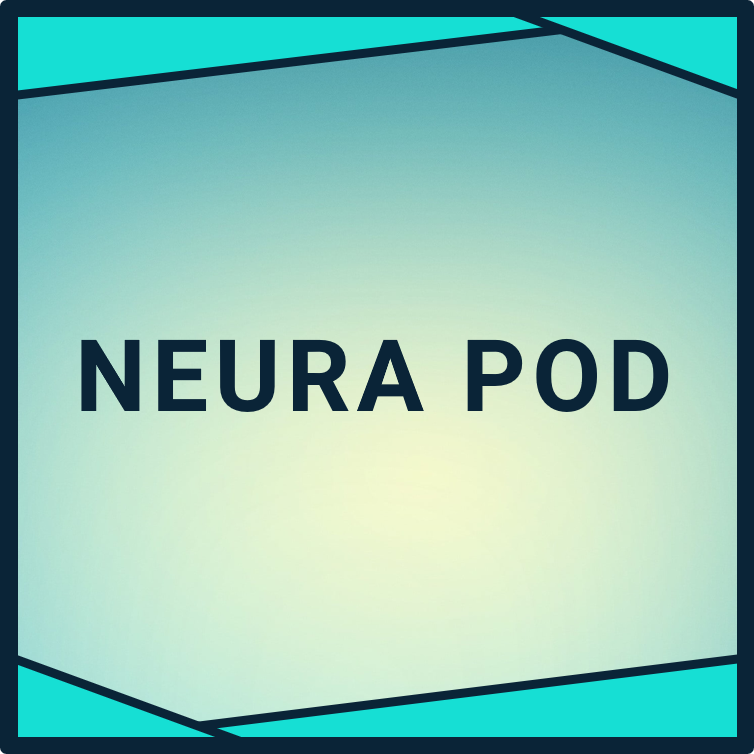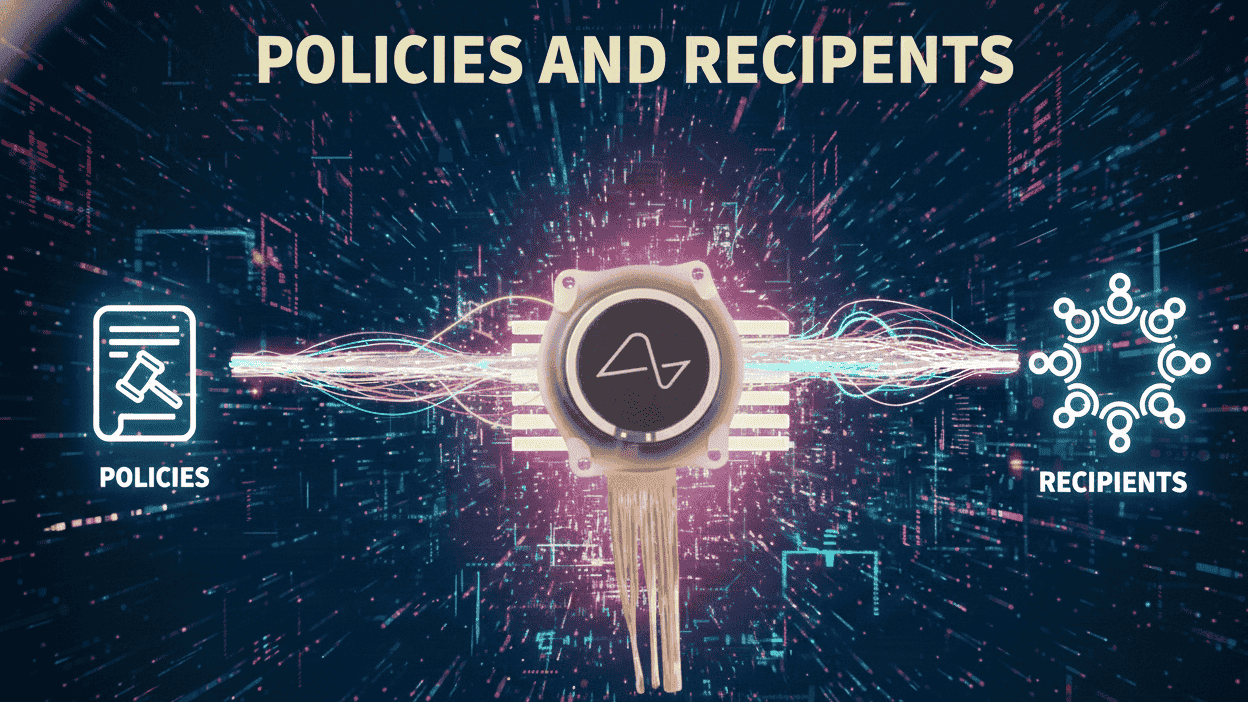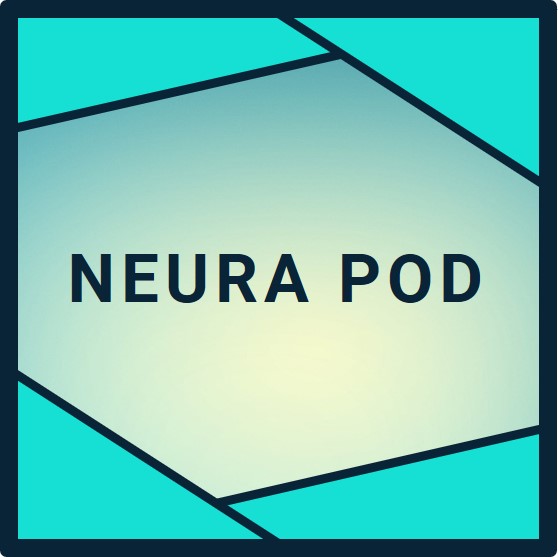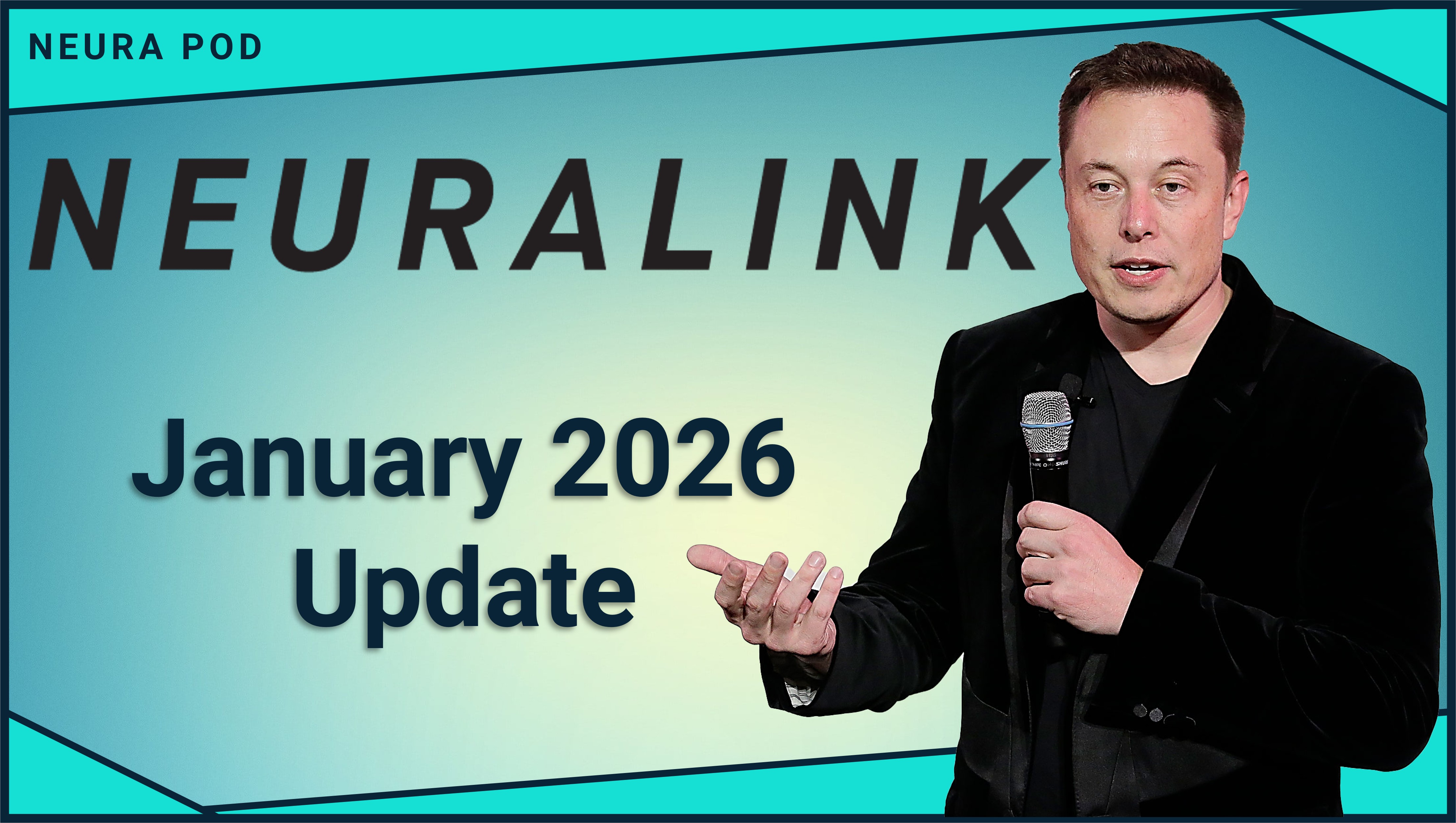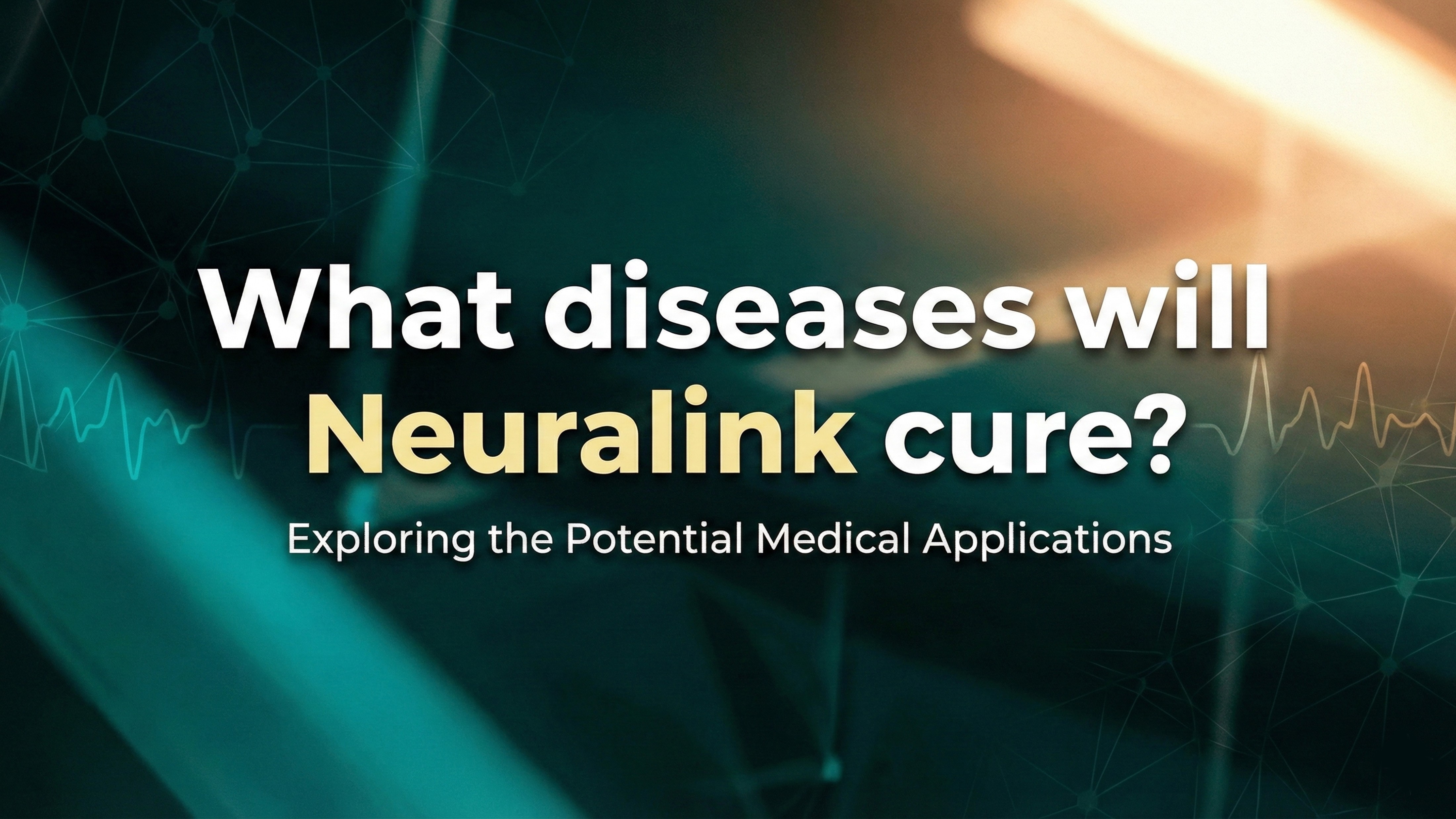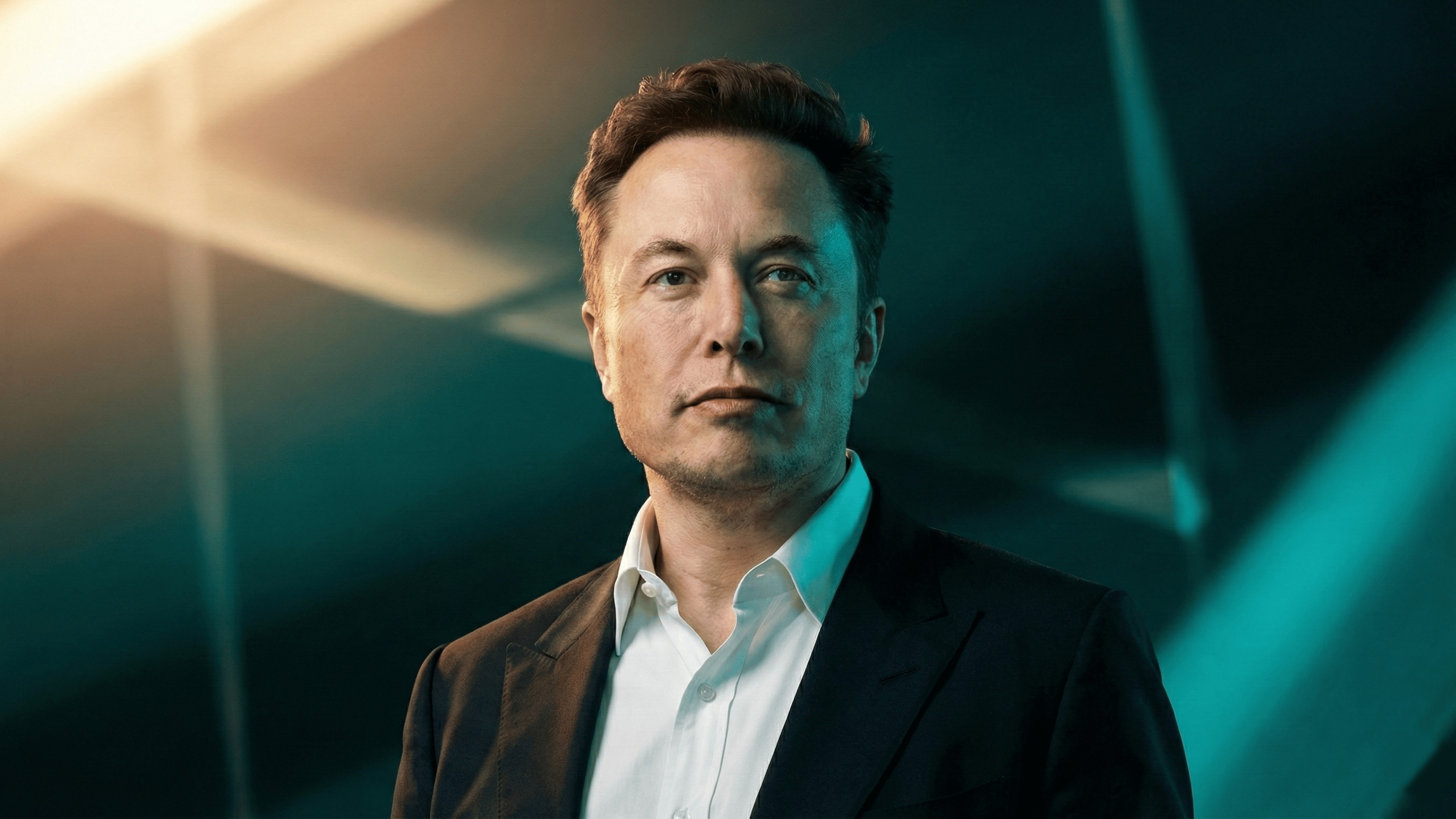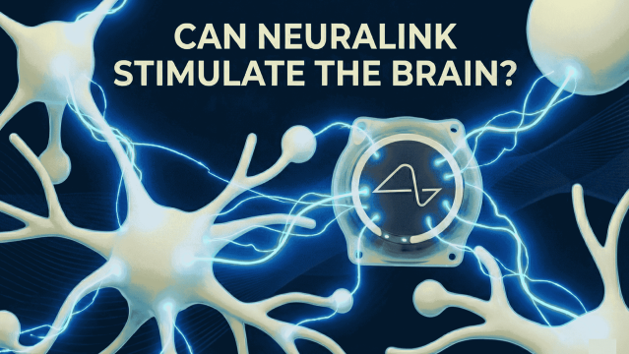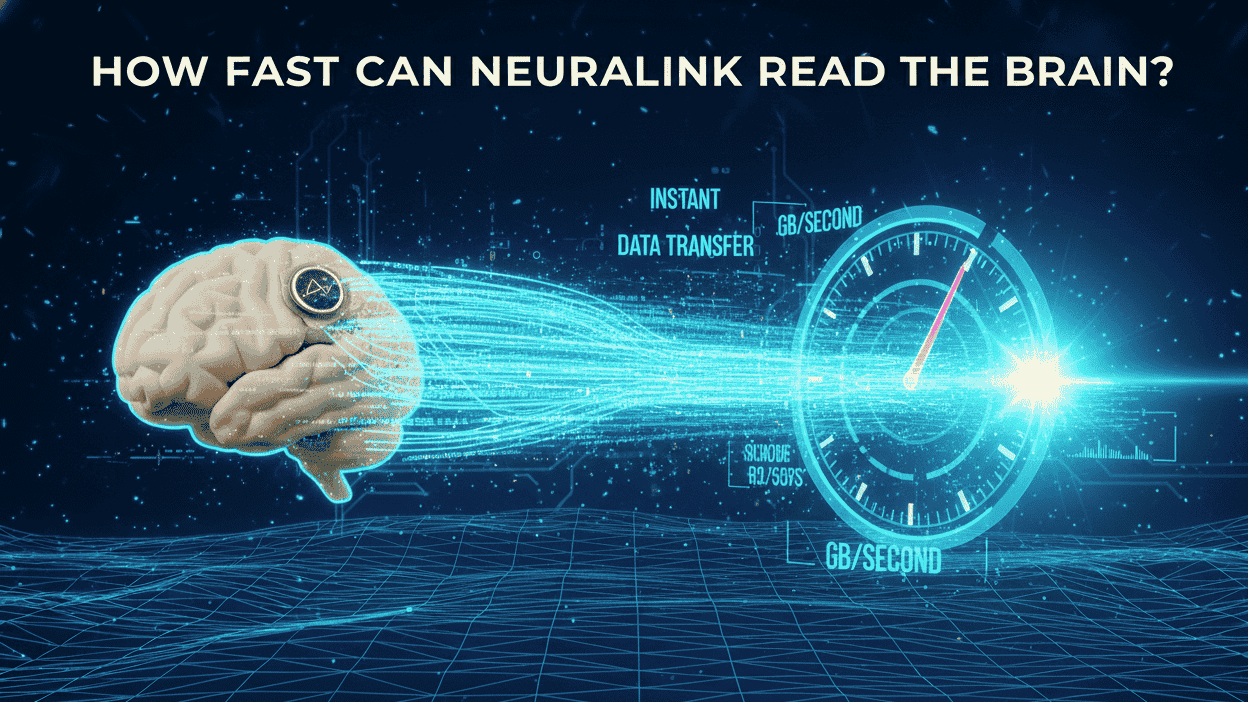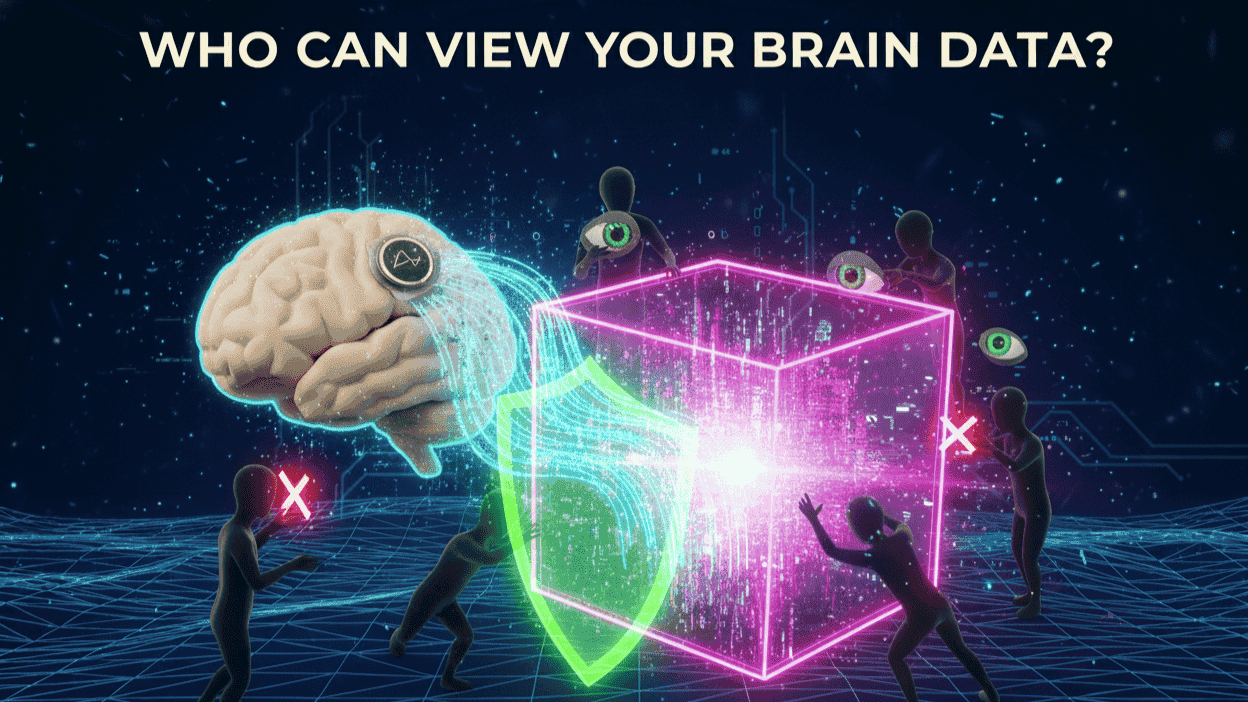- Neuralink strictly prohibits the sale of neural data, with patients maintaining full ownership and control over all brain signals collected by the N1 implant.
- Data transfers require explicit patient consent and occur only to essential recipients like healthcare providers, FDA regulators, and vetted service providers under HIPAA-compliant agreements.
- Recipients of Neuralink data include clinical trial overseers, consented researchers for device advancement, and affiliates, ensuring secure handling without commercial exploitation.
Neuralink's Patient-Centered Data Ownership Model
Neuralink places patient ownership at the foundation of its data policies. The N1 brain implant records high-resolution neural activity from 1,024 electrodes, generating signals that enable thought-based control of computers and robotic arms. Patients in ongoing PRIME and CONVOY studies, now exceeding 12+ participants as of October 2025, access and manage their data through secure personal portals.
Elon Musk has consistently emphasized this approach, stating that individuals retain sovereignty over their neural information. The company's Privacy Policy, last updated March 12, 2025, confirms no sale or unauthorized commercialization occurs. Local processing on patient devices minimizes external exposure, with raw data amplified and decoded on-site for real-time use. This model supports over 15,000+ hours of safe, independent operation across implants.
For trial participants, data collection focuses on therapeutic outcomes, such as achieving 7-10 bits per second in cursor control. Aggregated, anonymized insights improve firmware, but only with opt-in consent. This structure aligns with broader neurotech trends while prioritizing individual rights.
Core Policies Governing Data Transfers
Neuralink's policies mandate explicit consent for any data transfer. The implant transmits processed signals via Bluetooth to paired devices, where machine learning decoders translate thoughts into actions like gaming or feeding oneself. Cloud backups, when enabled, use end-to-end encryption.
Transfers adhere to HIPAA standards as protected health information, with Business Associate Agreements for all vendors. International trials in Canada, UAE, and the UK incorporate GDPR equivalents, ensuring compliant cross-border flows. Patients authorize sharing via granular app settings, revocable at any time.
Deletion requests trigger full purges within 30 days, including backups, with confirmation certificates provided. Retention limits active data to session needs, extending to seven years for regulatory audits. Elon Musk's oversight ensures policies evolve with scale, targeting 20,000 annual procedures by 2030.
Primary Recipients of Neuralink Data
Data recipients remain tightly controlled. Healthcare providers receive de-identified signals for monitoring implant performance and patient health. FDA regulators access trial datasets to validate safety, as seen in Breakthrough Device Designations for Blindsight and speech decoding.
Consented researchers use anonymized aggregates to refine decoders, accelerating features like robotic arm mastery demonstrated by spinal cord injury patient, Alex. Service providers, such as cloud hosts, handle storage under strict contracts prohibiting further disclosure.
Affiliates within Elon Musk's ecosystem, like xAI for simulation training, process only opted-in data. No third-party marketers or advertisers appear on the list. Patient Registry data, used for trial eligibility, shares solely with Neuralink teams until implantation consent expands scope.
This recipient framework supports global expansion while safeguarding privacy, with zero breaches reported in 2025 trials.
Prohibition on Data Sales and Commercial Exploitation
Neuralink explicitly bans data sales, distinguishing it from general neurotech concerns. While some consumer devices face scrutiny for sharing brain waves, Neuralink's medical focus enforces non-commercial use. The Privacy Policy states personal information processes solely for service delivery and improvement, without monetary exchange.
Elon Musk reinforces this through public updates, positioning Neuralink as a trust leader. Patients like Noland Arbaugh, with 22 months of use, confirm seamless control without privacy intrusions. Future multi-implant systems will incorporate self-sovereign wallets, further empowering users.
Regulatory alignment, including Colorado's neural data protections, bolsters compliance. As trials submit data to journals, transparency grows without compromising ownership.
Compliance, Rights, and Future Safeguards
Patients exercise robust rights: access via dashboards, portability to standard formats, and correction requests processed instantly. International transfers use standard contractual clauses, audited annually.
Elon Musk drives proactive enhancements, like quantum-resistant encryption for gigabit bandwidth upgrades. With $650 million in recent funding, Neuralink invests in privacy infrastructure, ensuring scalability matches innovation.
This comprehensive approach not only meets but exceeds standards, fostering confidence for widespread adoption.
TL;DR
Neuralink upholds ironclad policies against data sales, granting patients total ownership of neural signals powering life-restoring feats like robotic feeding and high-speed gaming. Transfers, consent-driven and HIPAA-secure, reach only vital recipients: providers, FDA, and approved researchers advancing Telepathy and Blindsight. Elon Musk's patient-first vision shines in 12+ implants and global trials, with easy deletion and rights ensuring trust. As 2025 closes with UAE successes, Neuralink sets the benchmark for ethical neurotech, paving secure paths to autonomy for millions by 2030.
